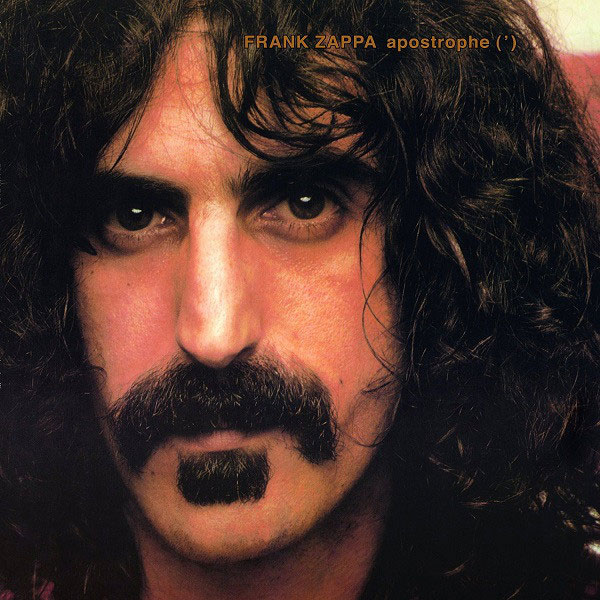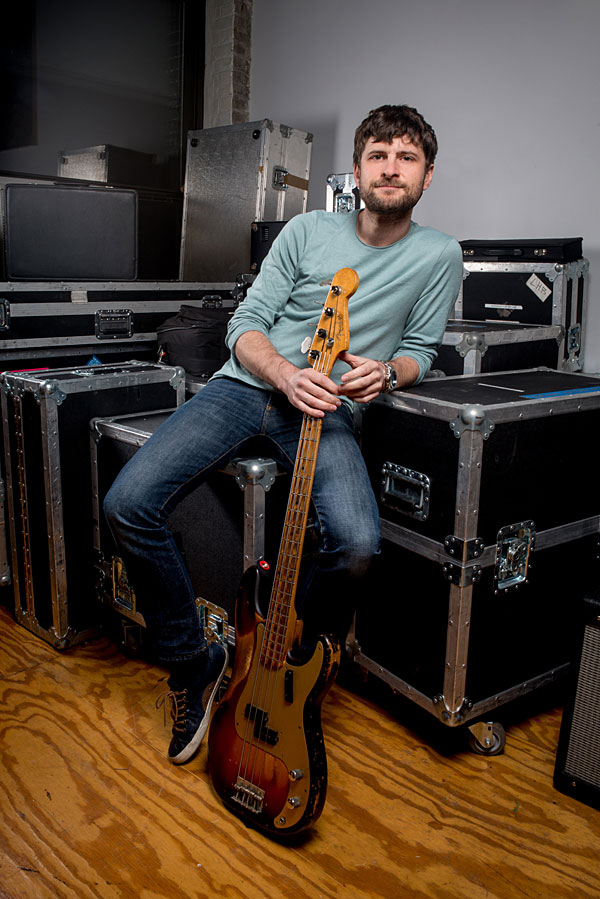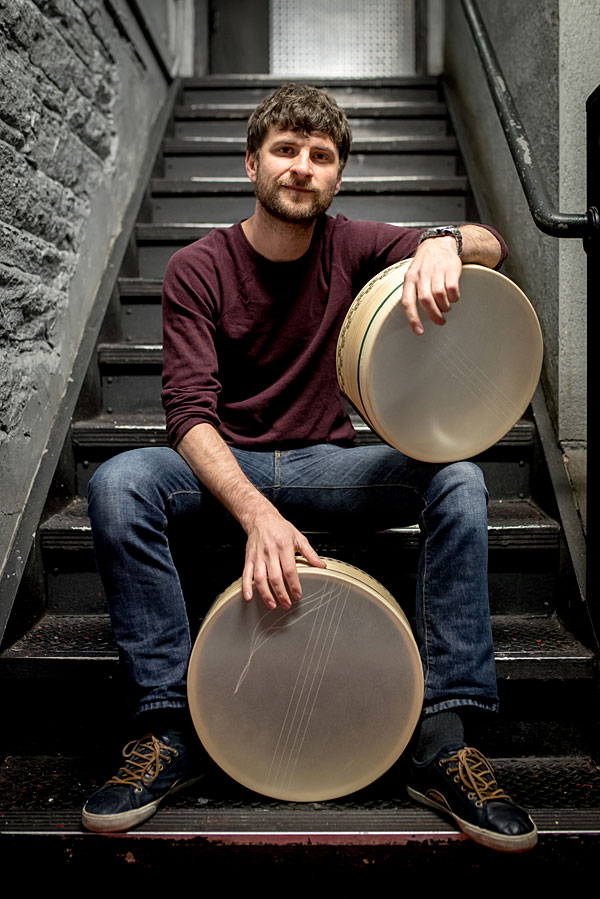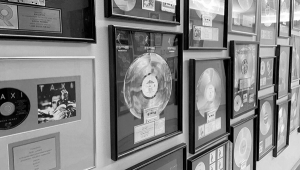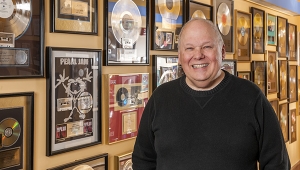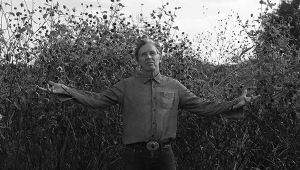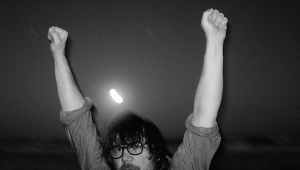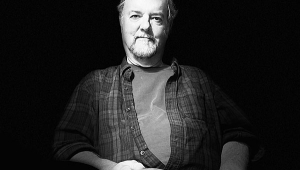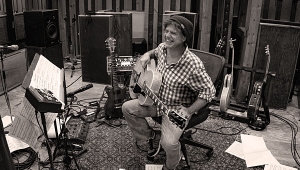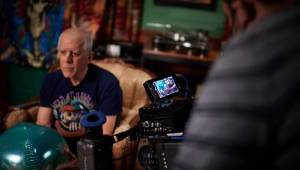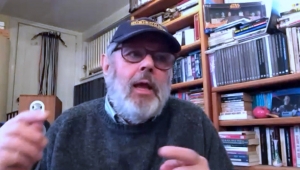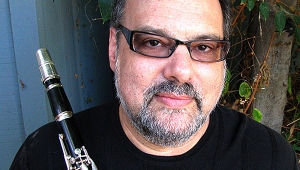| Columns Retired Columns & Blogs |
Thanks Sasha, Excellent interview and quite the band.
My brother dragged me to a jam band concert in Saratoga Springs a year or so ago and the horn player was from Snarky Puppy. I really enjoyed the show and was a lot of fun.
Didn't think too much about it and then heard the actual band on the radio and enjoyed the song they played quite a bit.
You have a list but I bought the double cd of We Like It Here and it is excellent.
A very fine band that will appeal to a lot of listeners. I am an old rock fan and really like this band a lot.
